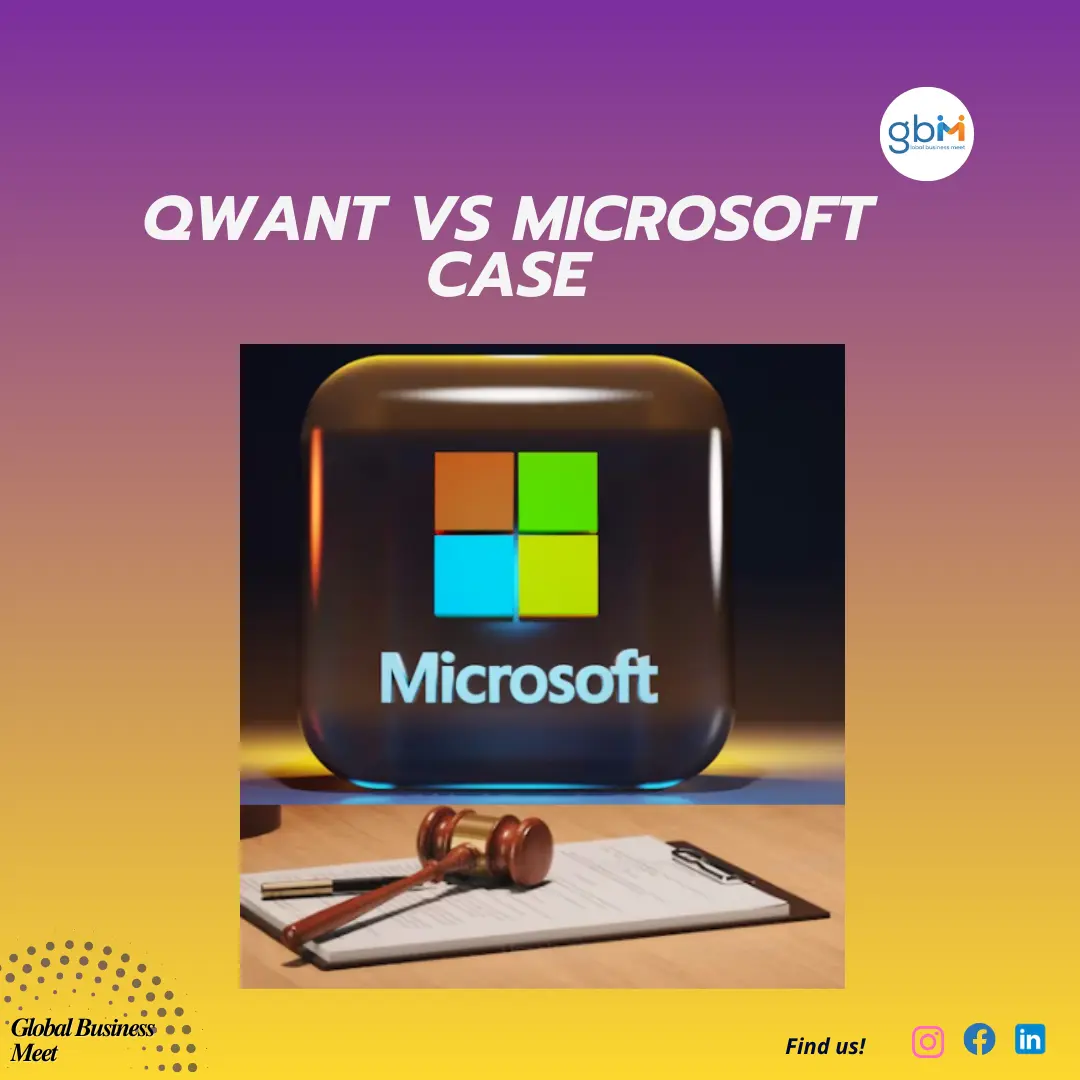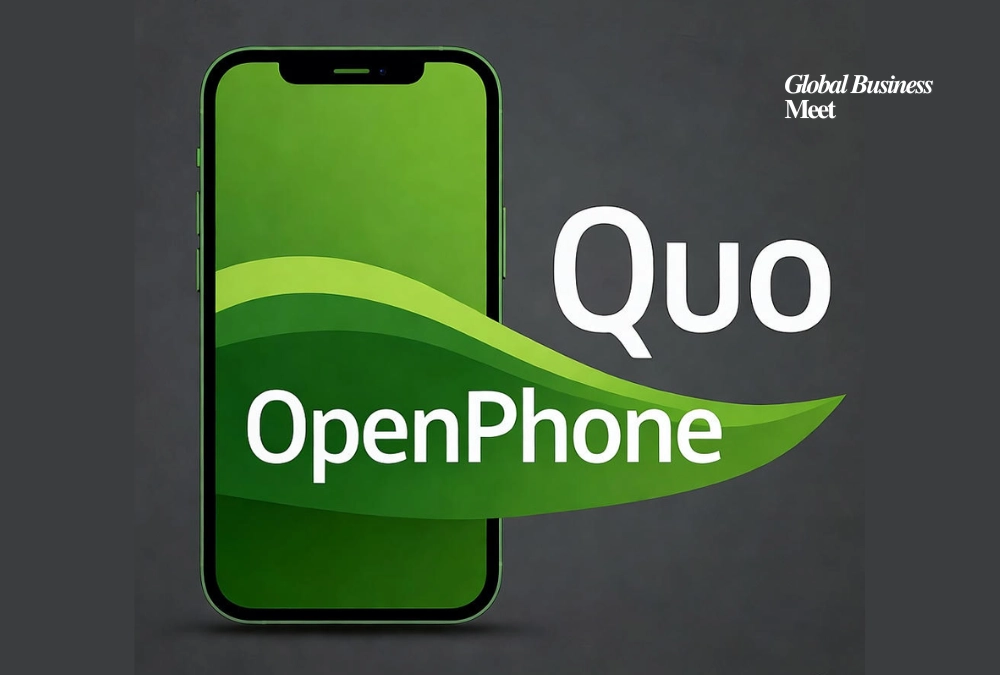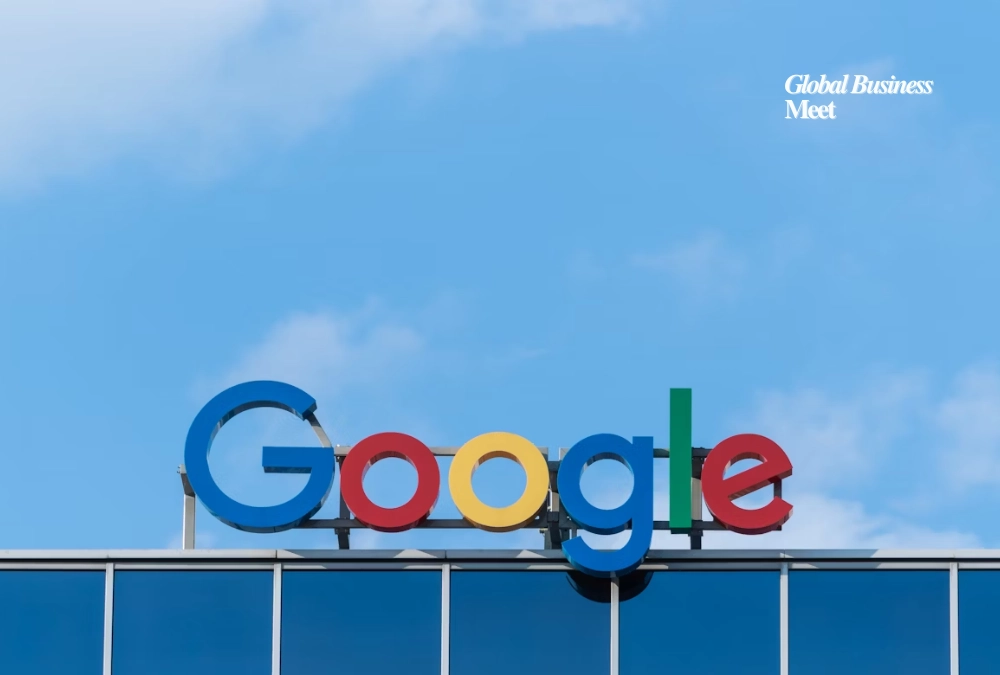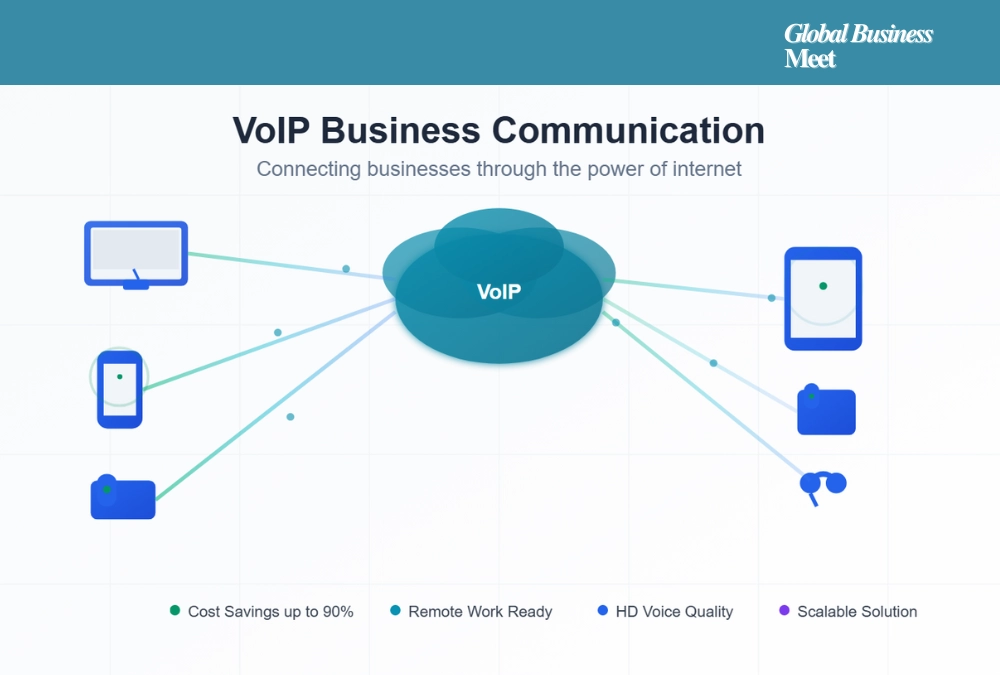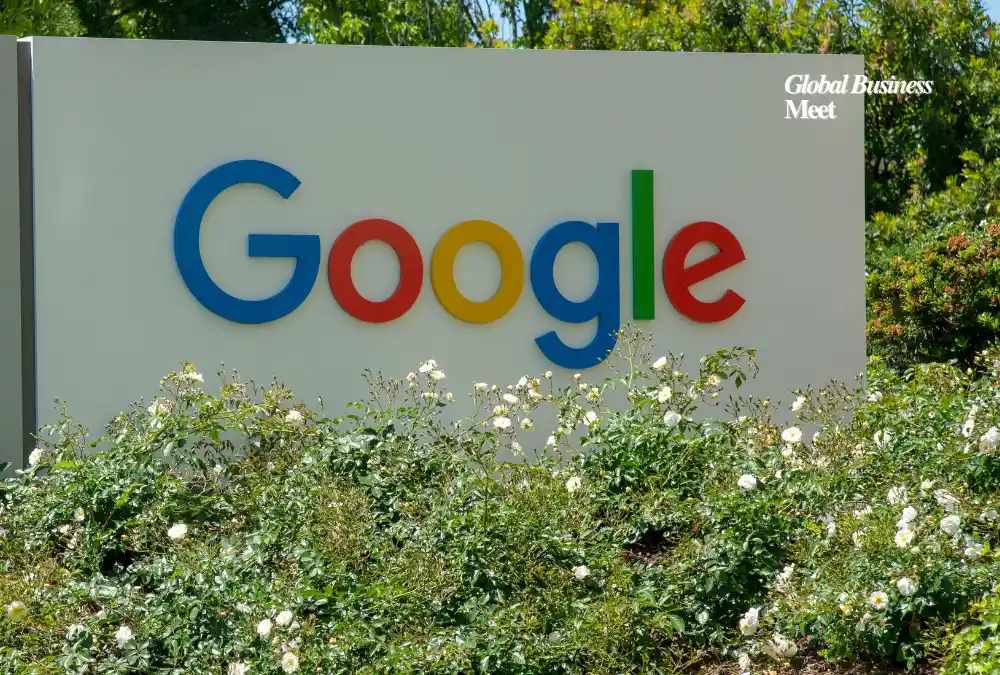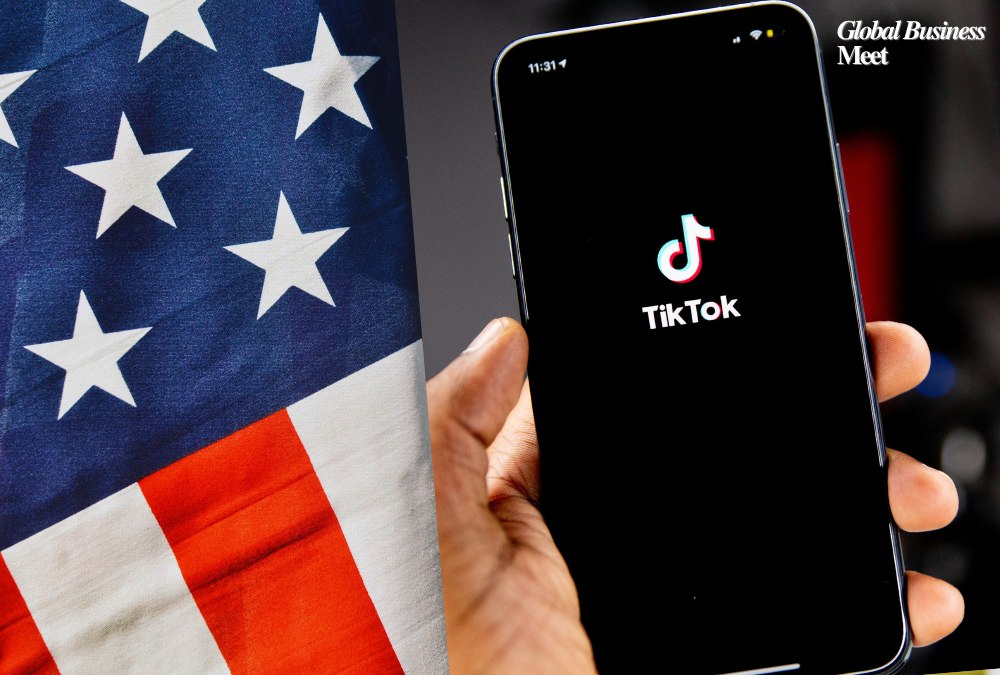
The Online Safety Act has allowed the United Kingdom to introduce strict online age verification policy on websites and has set a move to ensure that kids are not kept exposed to adult and damaging content. This is because every platform hosting pornographic content, self-harm content, or any dangerous content should have highly efficient age-verification after July 25, 2025, or it will have serious consequences. The rule covers more than 6,000 adult websites and large social media such as Reddit, X, Discord, Grindr, and others.
What the Law Needs
The Online Safety Act requires that all services covered implement all such age verification mechanisms that are not based on mere tick-boxes. Rather, the platforms shall have to engage biometric scans of faces, identification (ID) or credit card verification or open banking verification to be sure of user age. The non-compliance may mean the fines up to 10 percent of the overall revenue of a company or even the complete site blocking in the UK.
This rollout centers around third-party verification providers such as Yoti, Persona and KWS (Kids Web Services). In another example, Bluesky has now made KWS compulsory to UK users. Such services confirm age and subsequently provide platforms with a token, with no long-term storage of any personal data.
Loopholes in Technology and Personal Privacy Issues
The rules are meant to ensure protection of the children though they have created heated arguments on privacy. Skeptics caution that biometric scans and identity verification would jeopardize the anonymity of users and introduce other possibilities of data abuse or leak. Moreover, ethical hackers have already identified vulnerabilities in a number of systems evading age checks in a few minutes. Others went as far as to use the selfies of video game characters to fool AI facial recognition algorithms.
This brings to the front that the aforementioned rules might be subverted by technologically-skilled users and in particular minors through the use of VPN or unregulated platforms which will leave the desired protections wanting.
Implication on Customers and Businesses
In the case of an adult, it is now required that one has to verify his or her age using any of the acceptable means. After verification, users get an access token and sensitive documents are not permitted to be stored on the platforms. Nonetheless, businesses undergo expensive implementation procedures and they risk paying non-compliance fines.
Another impact is that the rules will cause the ripple effect that will be felt globally since other countries will observe the development of this policy. Multinational corporations might require them to apply similar verification standards in other parts of the world so as to achieve consistency.

